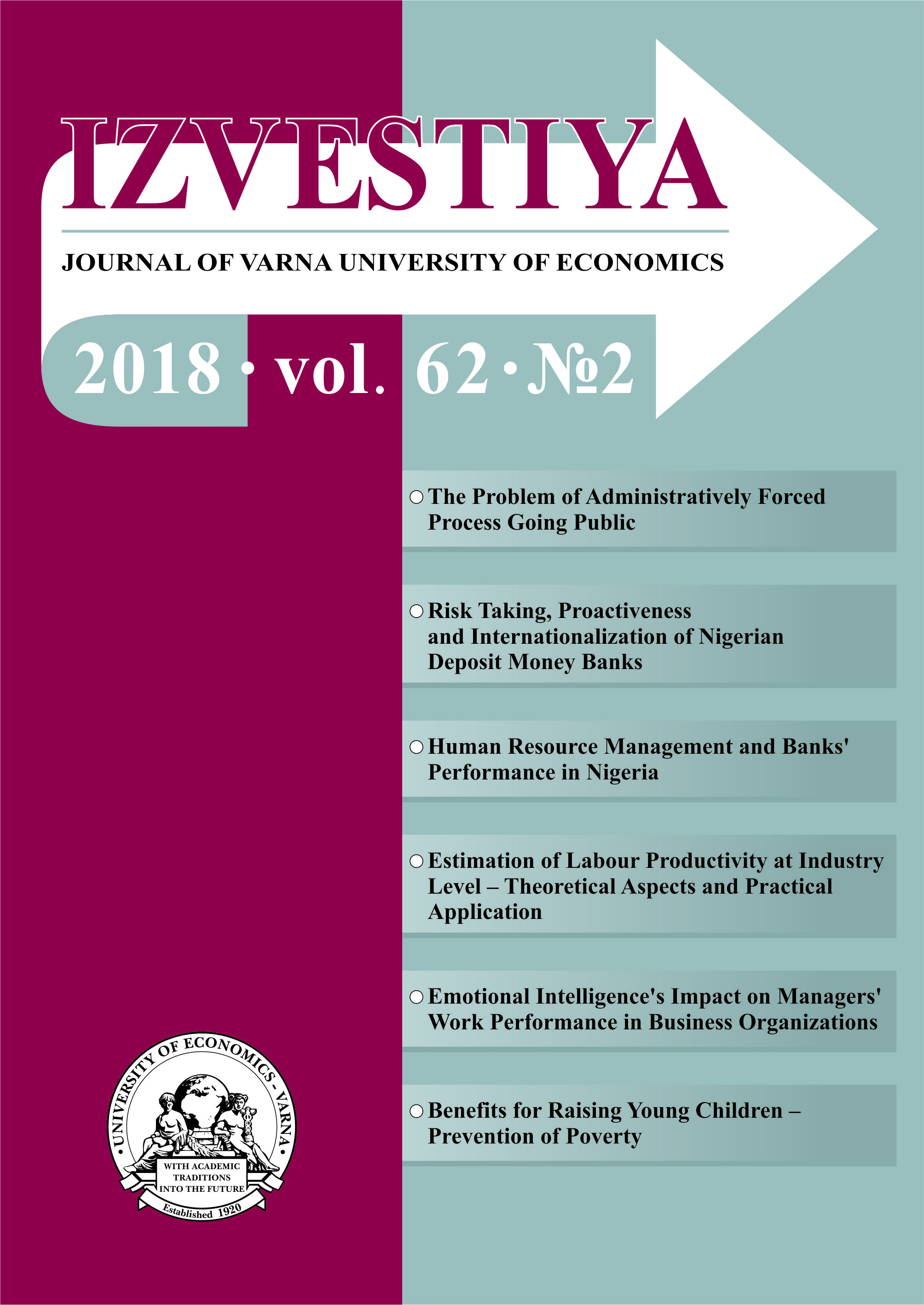The Problem of Administratively Forced Process Going Public
The Problem of Administratively Forced Process Going Public
Author(s): Krasimira NaydenovaSubject(s): Financial Markets, Public Finances
Published by: Икономически университет - Варна
Keywords: going public; Bulgarian capital market; public companies; listing; mass privatization; asset management fund; dormant shares; free-float; ownership concentration
Summary/Abstract: At the end of the twentieth century the Bulgarian government made steps to create necessary conditions for the trading of shares that citizens and privatization funds had acquired in the process of mass privatization through changes in the normative base. In terms of regulations, all companies subject to mass privatization and privatization funds are required to be listed on the Bulgarian Stock Exchange Sofia Plc. As a result, most private companies have becomе public companies without going through the "going public" process at the will of their shareholders. However, investor protection rules are not yet at the required level and in most cases ownership is concentrated. The subsequent delisting of companies from the public companies' register before the regulation requiring a tender offer, puts a large part of the new shareholders in a position not to sell their property. The other companies are starting a quick packet consolidation process, where they acquire control and the shares of minority shareholders are no longer of interest to them. As a result, the administratively enforced listing creates conditions of ownership of more than 2.5 million shareholders, with a face value in the range of BGN 2-3 billion, to remain "dormant" i.e. failing to generate income for their owners. Said administratively enforced listing is the reason for creating a huge, yet inactive stock market for the national economy, which has led to ownership concentration, creating huge "dormant" shareholders’ property and many uninterested shareholders. The consequences are low market liquidity and high ownership concentration – factors that will surely put off investors. As such, the national stock market is not useful for the Bulgarian economy. All of the above call for consideration of the different aspects of the problem in an attempt to resolve it.
Journal: Izvestiya. Journal of Varna University of Economics
- Issue Year: 62/2018
- Issue No: 2
- Page Range: 83-102
- Page Count: 20
- Language: English

